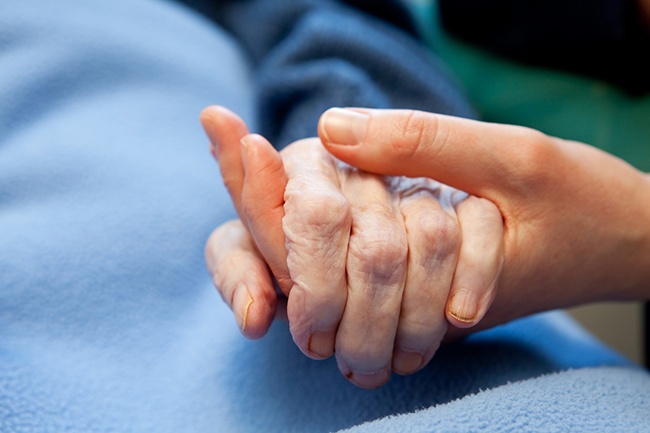What You Need to Know as a Palliative Care PN
Posted On February 15,2018
 A licensed practical nurse (LPN) specializing in palliative care is most often tasked with alleviating the pain of a terminally ill patient.
A licensed practical nurse (LPN) specializing in palliative care is most often tasked with alleviating the pain of a terminally ill patient.
Most often, this care will take place in a hospice or other “end of life” facility.
Patient care is accomplished in a number of ways – both physical and emotional. Here is a quick rundown on the most notable ways that an LPN can help:
General care
To start, a licensed practical nurse is primarily responsible for the physical comfort and well-being of a patient in hospice care – that is, one with a prognosis of six months or less to live.
An LPN must not only deal with a patient’s ongoing pain but also help to relieve their fear of dying.
It is no small task and requires a person with exceptional empathy nd one that does not rely on simply oversedating the patient.
Patient assessment
The next job of an LPN involved in palliative care is to make patient assessments.
This job also entails counseling the patient and their family members regarding the general aspects of patient care.
In addition, an LPN is responsible for informing other more senior members of the patient care staff – in particular the senior RN and attending physician – about developing an effective plan of treatment for the patient.
Drug administration
No patient desires to be in pain and no caregiver wishes to watch it occur.
The timely administration of a palliative drug regimen is the best way to avoid this situation.
LPNs are routinely entrusted with the duty of administering pills and other oral medicines but they are sometimes called upon to give injections.
LPNs are also tasked with appropriately documenting all pertinent information about these drug regimens.
Emotional therapy
As you can imagine, the end stages of a life will be quite traumatic.
In fact, stress and emotions can run high with the shock of a terminal diagnosis and the harsh reality of impending death.
An LPN must understand that the physical symptoms are only one aspect of hospice and palliative care.
They will also have to deal with the emotional aspect of patient care – one that is not so easily defined in a textbook as the physical care.In addition, this care extends beyond the patient to their family as well.
For more information on these and other matters associated with an LPN position in palliative care, please reach contact us at the Athena Career Academy.
We can be found online at AthenaCareers.edu or reached directly at 419.329.4075.
